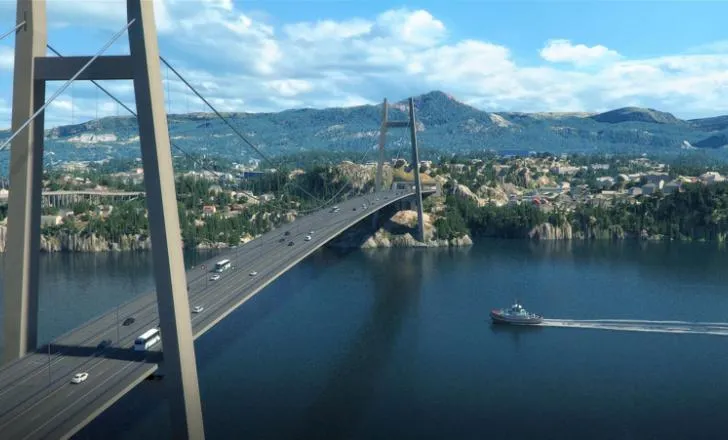Questions are being asked in the US State of Alabama over additional funding being required for an 83km stretch of road.
February 17, 2012
Read time: 1 min
Questions are being asked in the US State of Alabama over additional funding being required for an 83km stretch of road. When the estimates for the Northern Beltline bypass connecting Interstate 20/59 with the 1/59 in southwest Jefferson County was announced in 2009 the project was expected to cost US$3 billion. However the project is now thought to cost $4.7 billion with the existing plans and there are concerns that the price may rise further. Materials costs have risen considerably since the project was first mooted although other cost increases have also affected the plans. Delays may hit the project but it still looks likely to go ahead.






